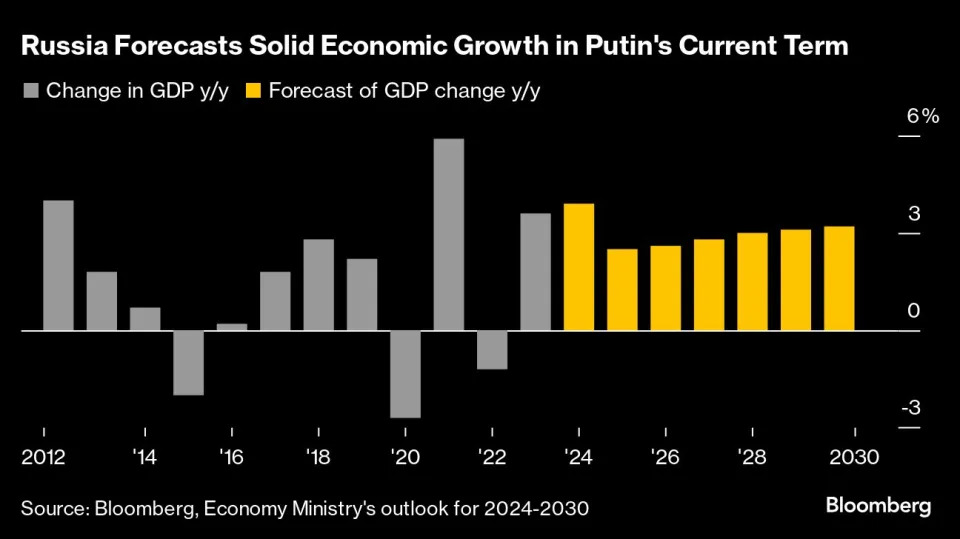Chinese electronics giant Huawei Technologies is poised to unveil a new artificial intelligence chip that could rival Nvidia's powerhouse H100 processor. The firm has been testing its Ascend 910C with major players in China's tech sector, including ByteDance, Baidu, and China Mobile, according to a report in the Wall Street Journal .
The development comes after a series of stringent U.S. sanctions that have hampered the Asian giant’s access to advanced chipmaking technologies.
While Nvidia's current top-of-the-line chip is the NVIDIA H200 Tensor Core GPU, the Nvidia's H100 is far and away the most widely deployed AI chip in the world, with millions sold and a long waiting list. The established powerhouse is also the target of rival chipmaker AMD .
The Ascend 910C represents a leap forward from its predecessor, the 910B, which was roughly on par with Nvidia's older A100 chip —a lower tier than the H-series. If it delivers greatly upgraded performance, Huawei could be on the verge of a major breakthrough in the tech industry, cementing its rebirth after its CEO said it was facing a “ live or death ” moment five years ago.
Huawei's potential customers are already lining up to place orders. The Wall Street Journal reported that the firm is looking to sell 70,000 chips, with a total value approaching $2 billion. The company is reportedly preparing to ship its hardware in October.
However, some analysts have questioned Huawei’s capacity to fulfill expectations, considering that U.S. sanctions could still impede its progress.
Ascend-910C has been discussed for a while now. It should not be a surprise for them to design something that’s close to H100 in performance. The big question is how many chips they can produce. 70k is not enough. Interest from bytedance alone will be over 100k. https://t.co/cAHoOziIDD
— tphuang (@tphuang) August 13, 2024
These sanctions—imposed by the Trump administration—have been a double-edged sword for the AI chip market. While they've limited Nvidia's ability to sell its top-tier chips to Chinese customers, they've also spurred domestic innovation. Nvidia's response—the H20 chip tailored for the Chinese market—is already facing stiff competition from homegrown alternatives, which include Huawei’s cheaper Ascend 910B.
In response, Huawei is taking matters into its own hands, building facilities to develop and produce semiconductor equipment on Chinese soil, Bloomberg reported last month. The company is also said to be working with Chinese semiconductor firms to produce high-bandwidth memory chips domestically.
Nvidia, for its part, isn't standing still. The company is already working on its next-generation, sanctions-friendly B20 chip, based on its Blackwell architecture. Intel, too, is making moves with its Gaudi 3 processors designed specifically for the Chinese market.
For now, Huawei remains tight-lipped about the exact specifications of the Ascend 910C. Huawei did report that its predecessor was 80% more efficient than Nvidia’s A100 in AI training tasks and 20% more powerful in specific inference tasks.
Huawei did not immediately respond to a request for comment from Decrypt .





